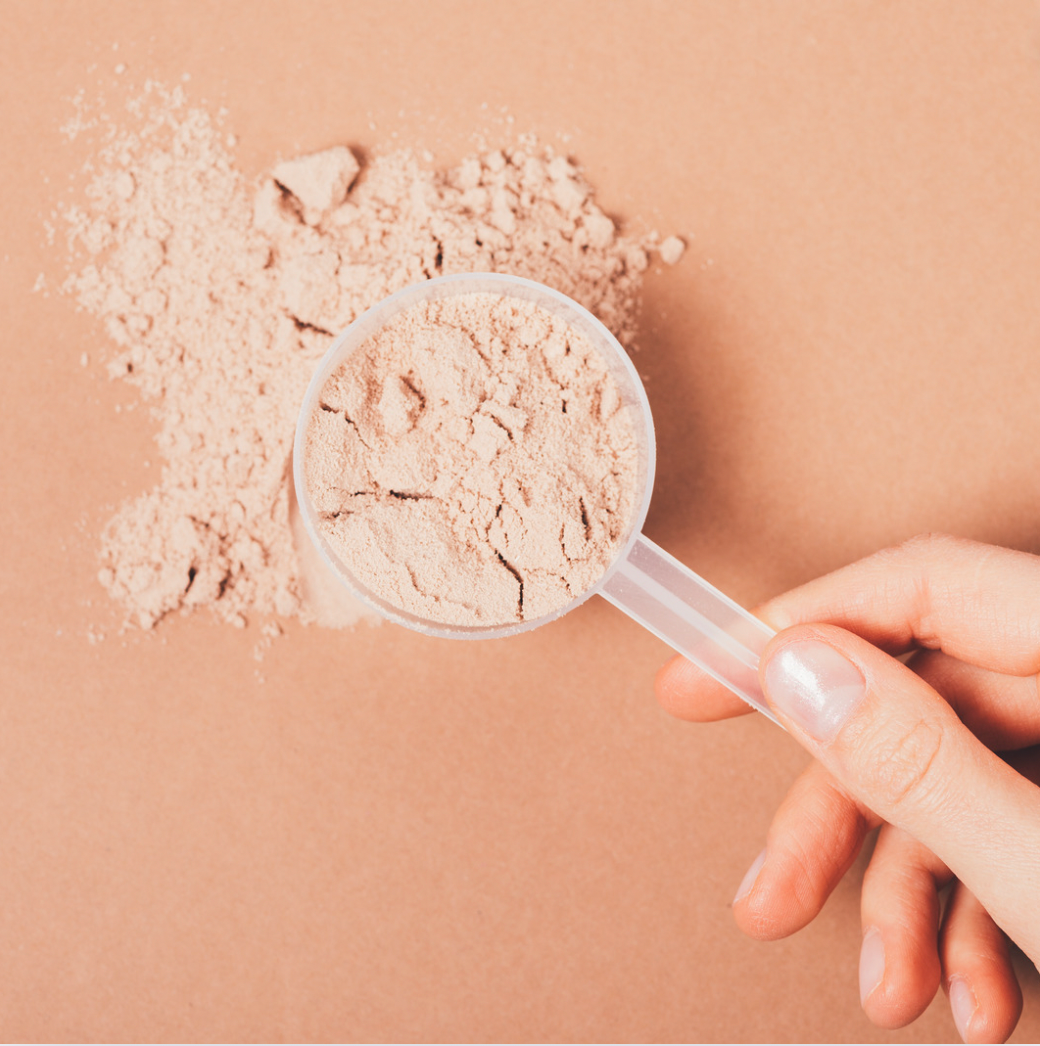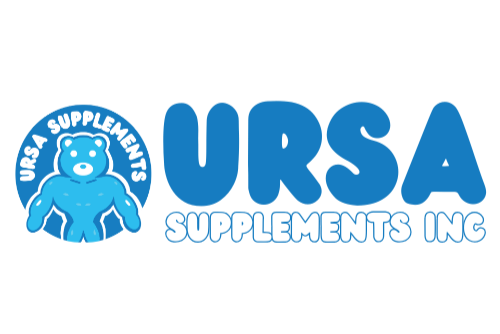
Why Dry Scooping Pre-Workout is Bad for Your Health
Share
Why Dry Scooping Pre-Workout is Bad for Your Health
If you’re part of the fitness community or have scrolled through fitness content on social media, you’ve likely encountered the trend known as "dry scooping." This practice involves swallowing a scoop of pre-workout powder dry, followed by a sip of water, rather than mixing it into a liquid as intended. While it may seem like a harmless or even beneficial shortcut to an energy boost, dry scooping is, in fact, risky and potentially harmful to your health. Here’s why:
1. Risk of Choking
One of the most immediate dangers of dry scooping is the risk of choking. Pre-workout powders are designed to be mixed with water, and consuming them dry can cause them to clump in your throat. This can lead to coughing, choking, or even inhaling the powder into your lungs, which is not only uncomfortable but can be dangerous.
2. Digestive Issues
Pre-workout supplements contain concentrated doses of ingredients like caffeine, amino acids, and creatine. These substances are meant to be diluted in water, which aids in their absorption and reduces potential irritation. Dry scooping can lead to severe stomach upset, including nausea, vomiting, and diarrhea, as the concentrated powder irritates the digestive tract.
3. Heart Problems
Most pre-workout powders contain high amounts of caffeine and other stimulants to enhance energy and focus. When consumed in concentrated form, these stimulants can cause a rapid spike in heart rate and blood pressure. This sudden increase can be dangerous, particularly for individuals with underlying heart conditions, potentially leading to palpitations, chest pain, or even cardiac arrest in extreme cases.
4. Dehydration
Mixing pre-workout with water not only helps with absorption but also ensures you’re starting your workout hydrated. Dry scooping eliminates this water intake, which can contribute to dehydration, especially during a strenuous workout. Dehydration can lead to decreased performance, muscle cramps, and in severe cases, heatstroke.
